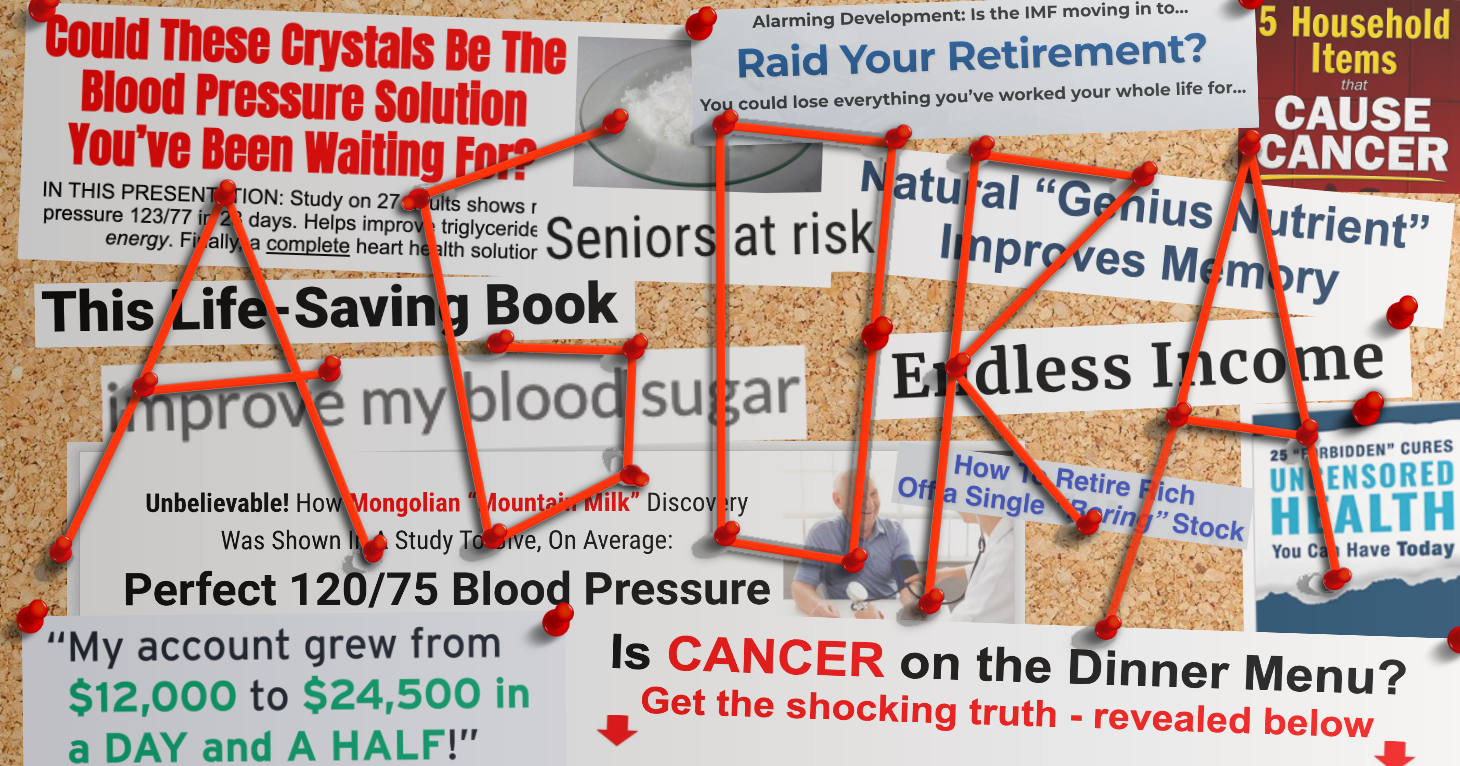MADISON, CONN. Dec. 12, 2024— In a win for consumers, a court has ordered Quincy Bioscience to stop advertising Prevagen using memory-improvement claims. This follows a near-decade-long campaign by the ad watchdog truthinadvertising.org (TINA.org) to bring the jellyfish-based brain supplement company’s deceptive marketing to a halt.
Sold at major retail stores such as CVS and Walgreens for $40 to $90 per bottle for a month’s supply, Prevagen has been promoted widely on national broadcast and cable networks including CNN, Fox News, and NBC since 2013 as “clinically shown” to improve memory loss. However, TINA.org conducted an investigation into Prevagen’s marketing in 2015, finding that the company lacked reliable scientific evidence to back up its claims. The ad watchdog subsequently filed a complaint with the Federal Trade Commission, urging the agency to take action.
In 2017, the agency did just that, filing a lawsuit along with the New York attorney general against Quincy. The case limped along through the courts for nearly eight years, first dismissed, then resurrected after it was reversed on appeal, which TINA.org supported by filing an amicus brief.
Finally, in March of this year, a jury found that while none of the challenged memory-improvement claims for Prevagen were supported by competent and reliable scientific evidence, only two claims – those about reducing memory problems associated with aging – were “materially misleading,” leaving observers scratching their heads and giving each side a chance to claim victory.
But that ended this week when the U.S. District Court for the Southern District of New York ordered Quincy to immediately remove all the challenged claims, including “improves memory.”
“Prevagen’s days of deceiving and exploiting seniors worried about memory loss and cognitive impairment has finally come to an end,” said TINA.org Executive Director Bonnie Patten. “This should serve as a warning to all supplement companies using deceptive marketing to lure in susceptible consumers.”
The resulting marketing changes have been wide-ranging – and quick. Not only has Quincy wiped its memory improvement claims from product packaging and the Prevagen website, the claims no longer appear in Amazon listings or in TV ads, and Prevagen is now being promoted as a “brain support” supplement.
While the impact of these changes may be diminished as Quincy has been aggressively marketing Prevagen as a memory improvement tool for over a decade, the court’s order and the resulting marketing shift sends a strong message that health claims need to be backed up with competent and reliable scientific evidence.
Read more about Prevagen.


